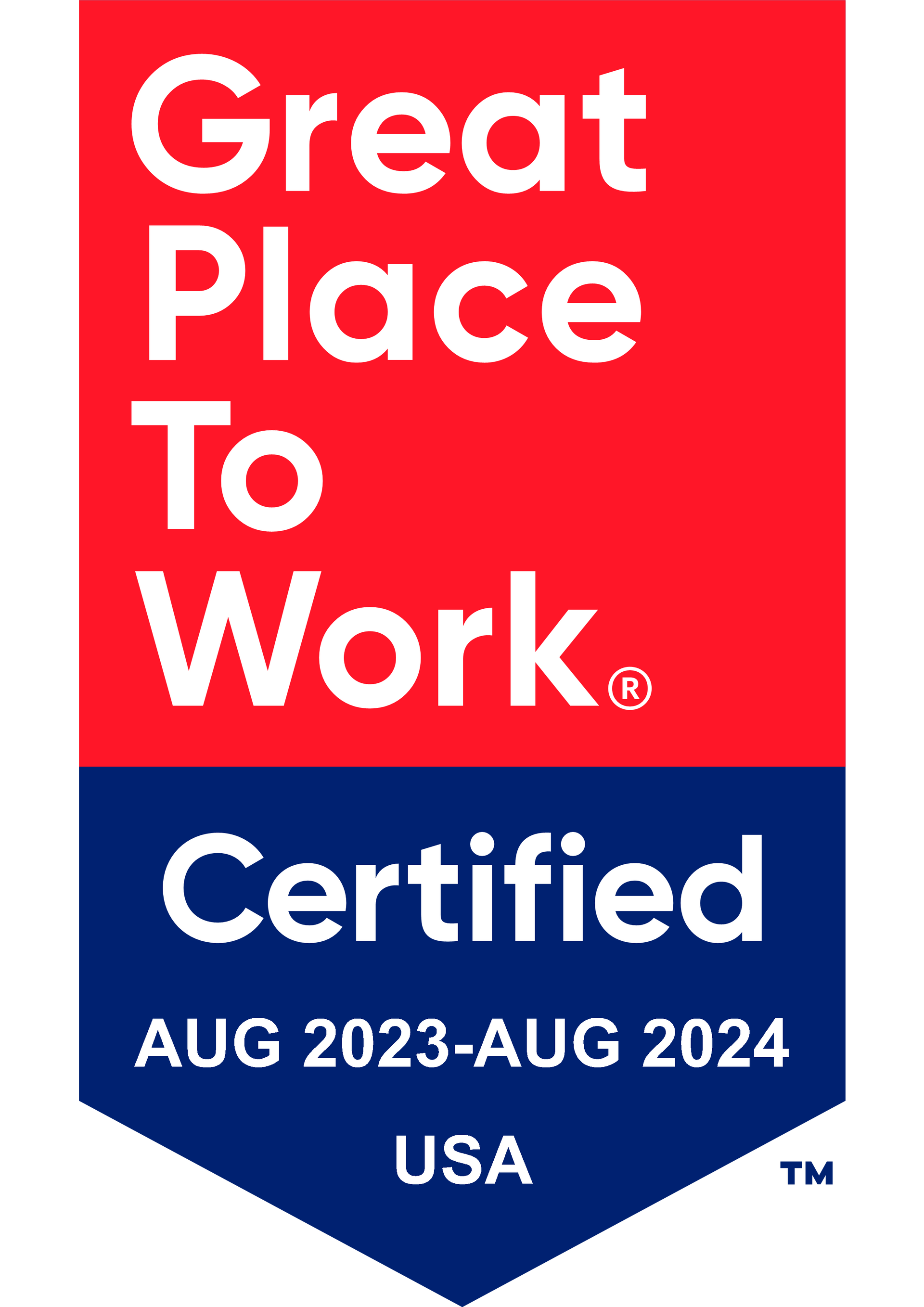
Employee Health Compliance: What Businesses Need to Know

As businesses strive to create safer and healthier work environments, the importance of compliance with employee health screening and testing has grown significantly. This trend underscores the need for comprehensive employee health measures to be integrated into business operations. Let’s discuss the aspects of employee health compliance to determine how your business can improve the health and safety of its workplace.
What are Employee Health Screenings?
Employee health screenings are evaluations aimed at assessing an individual's health condition with the goal of identifying any health risks that could impact an employee’s ability to work safely and effectively. It’s important to distinguish between screenings, which are periodic evaluations, and surveillance, which involves continuous monitoring. These assessments can include physical exams, blood tests, and psychological evaluations. These screenings vary based on the role that any given employee is performing.
The Importance of Compliance
Adhering to health screening regulations can be challenging, yet the advantages for your business are significant. Health screenings improve workplace safety, decrease absenteeism, and build trust between employers and employees. Despite the complexity of adhering to health screening regulations successfully, it’s vital to understand and follow legal requirements, such as ensuring confidentiality and obtaining informed consent. That’s where KBI Benefits comes in. Our team of regulation experts keep a finger on the pulse of changing federal regulations and adjust your company’s strategy rapidly, ensuring you’re never caught aware in changing times. Speak with a KBI Benefits agent today to update your compliance strategy.
Types of Employee Health Screenings
There are various screening models and components tailored to different industries, depending on the workload that employees regularly undertake. Some common types of screenings include:
- Physical Exams: These assess an employee's general health and physical fitness.
- Blood Tests: These can detect a range of conditions from diabetes to high cholesterol.
- Psychological Assessments: These evaluate an employee's mental health and stress levels.
Legal Guidelines and Regulations
Compliance with health screening regulations involves understanding a variety of legal aspects. These include:
- Discrimination Laws: Ensuring that screenings do not unfairly target specific groups.
- Confidentiality: Keeping employee health information private.
- Consent: Obtaining informed consent from employees before conducting screenings.
- Recordkeeping: Properly documenting and storing health screening results.
One critical regulation is the OSHA fit-for-duty exam, which determines if employees can safely perform specific physical tasks.
Implementing an Effective Health Screening Program
Implementing a health screening program involves several key steps. First, it's essential to define the goals and objectives to determine what the program aims to achieve. Then you must consult healthcare professionals to work with medical experts in developing the program. Following this, develop a comprehensive program that includes various types of screenings relevant to the job roles. Communicate the program's details and benefits clearly to employees. Finally, conduct regular evaluations to continuously assess and refine the program, addressing any issues or changes in regulations.
KBI Benefits specializes in streamlining this process so you can focus on running your business. Speak with an agent today to learn more.
Conclusion
Employee health screening and testing demonstrate a company's commitment to its employees' health. By staying updated on guidelines and best practices, businesses can create a healthy, efficient, and reliable work environment. However, the process of staying compliant can be daunting and costly.
This is where KBI Benefits steps in. KBI Benefits makes it easier and more affordable than ever to stay compliant with employee health regulations. Their comprehensive solutions not only help in adhering to the latest health guidelines but also significantly improve productivity and reduce expenditures by as much as 40% year over year. Investing in such solutions ensures that your business remains compliant while fostering a healthy and productive workplace. Reach out today to start improving your employee health compliance strategy with the experience and support of KBI Benefits.



